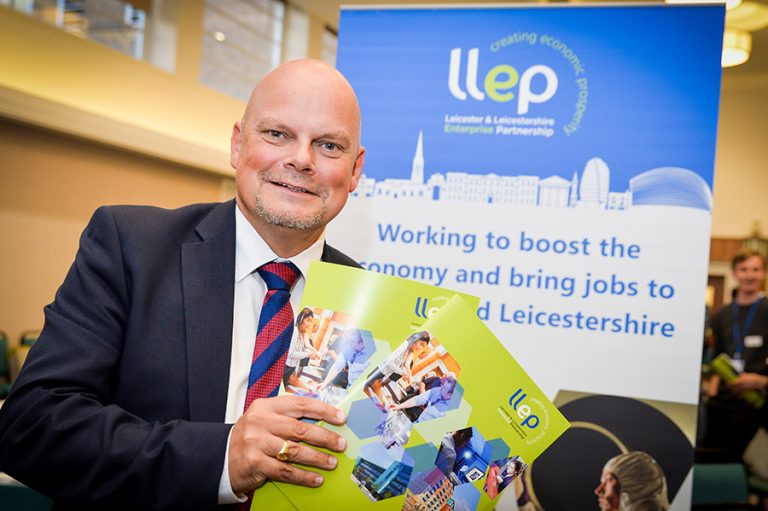With just a few weeks to go until the
Property & Business Investment Lincolnshire Expo, register now for the highly anticipated event.
The free to attend expo, for which Business Link is a proud partner, will take place on
Wednesday 27 April 2022 at The Bentley Hotel, Lincoln, providing everything you require for a great day of networking and business generation.
A well targeted event aimed at the Construction, Property, Business, Investment, Finance, Professional Services and related B2B markets, exhibitors include Aspbury Planning Ltd, Belvoir, Business Lincolnshire, BSP Consulting, Delta Simons, the Federation of Small Businesses, J Tomlinson, NatWest, Willmott Dixon, and YMD Boon, to name a few.
To see the full list of who is exhibiting
click here.
Opening at 9am, the expo will also host a seminar, and as the exhibition closes, it will roll directly into an informal, open buffet style network lunch – tickets for the lunch are just £25 plus vat and can be
ordered and paid for directly online. Spaces for the lunch are limited, so order as soon as possible to avoid disappointment.
Tina King, of Business Shows Group, said: “It’s been a long time in the making thanks to the pandemic, but we are finally nearly there, The Property & Business Investment Lincolnshire Expo is gearing up to be one of the best to date!”
To attend the event, register for free here.
To generate opportunities by exhibiting at the event, click here.
Purchase tickets to the networking lunch here.
Meet more potential clients in one amazing cost effective day, than it would take months out on the road.












